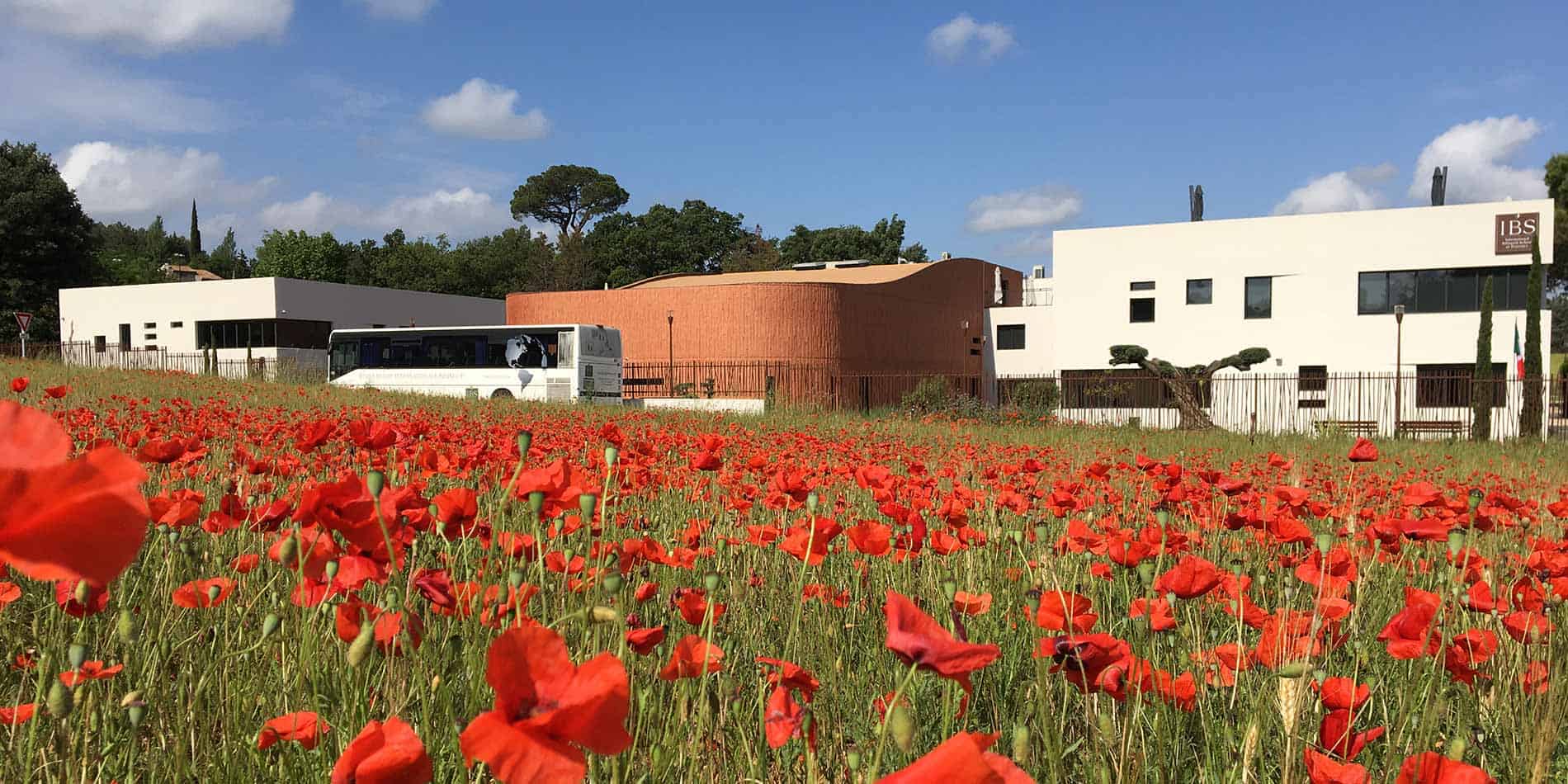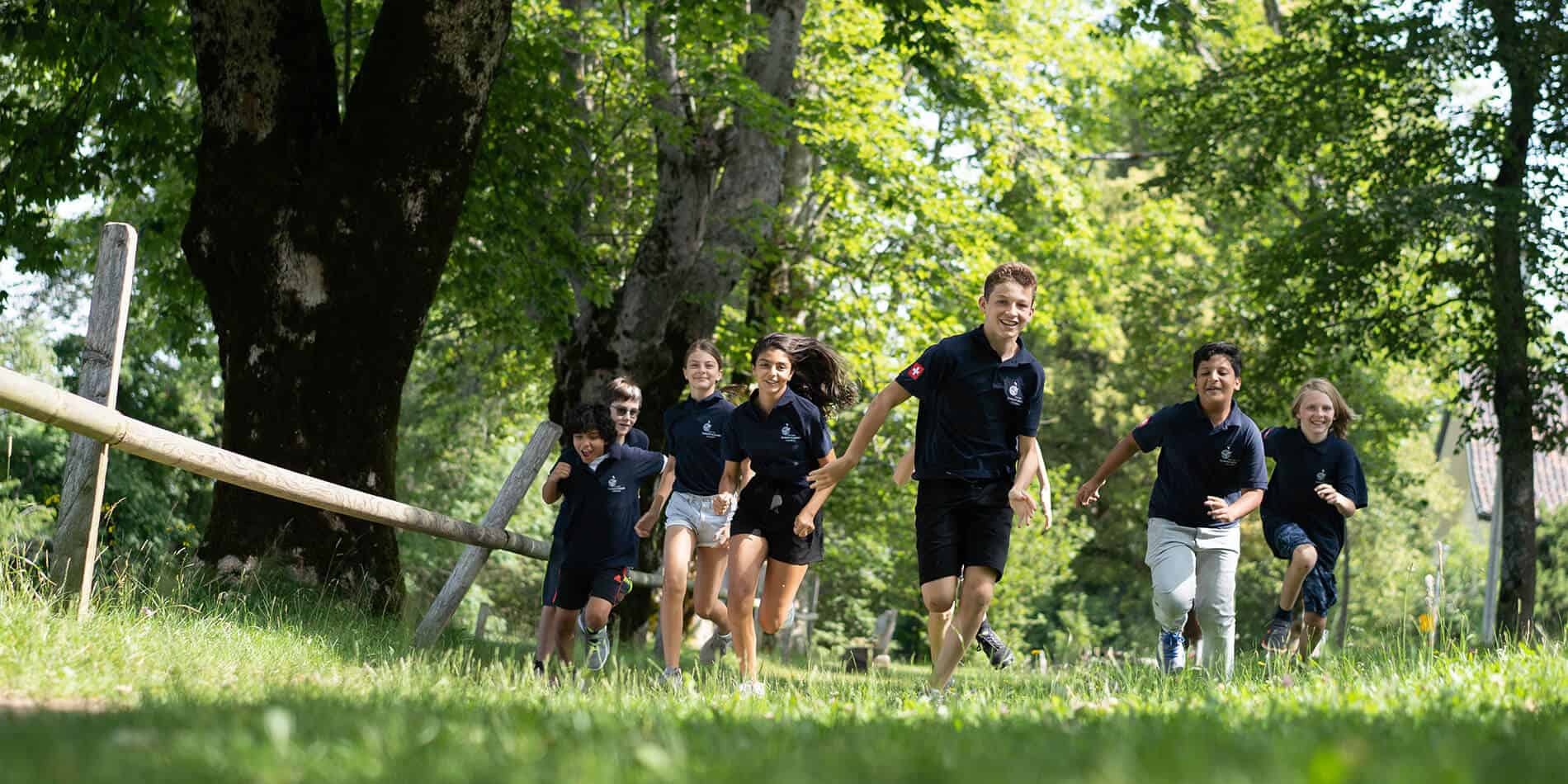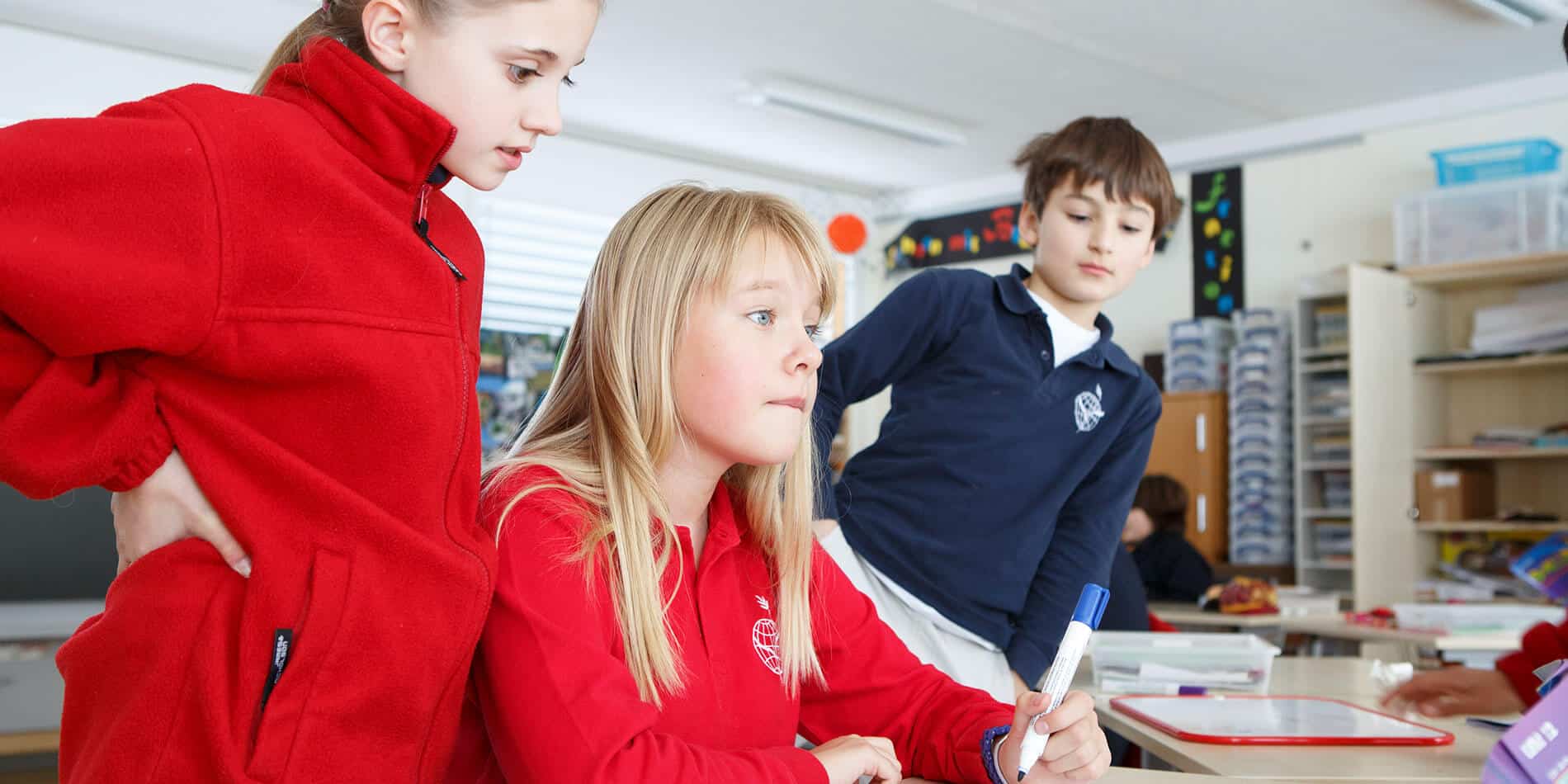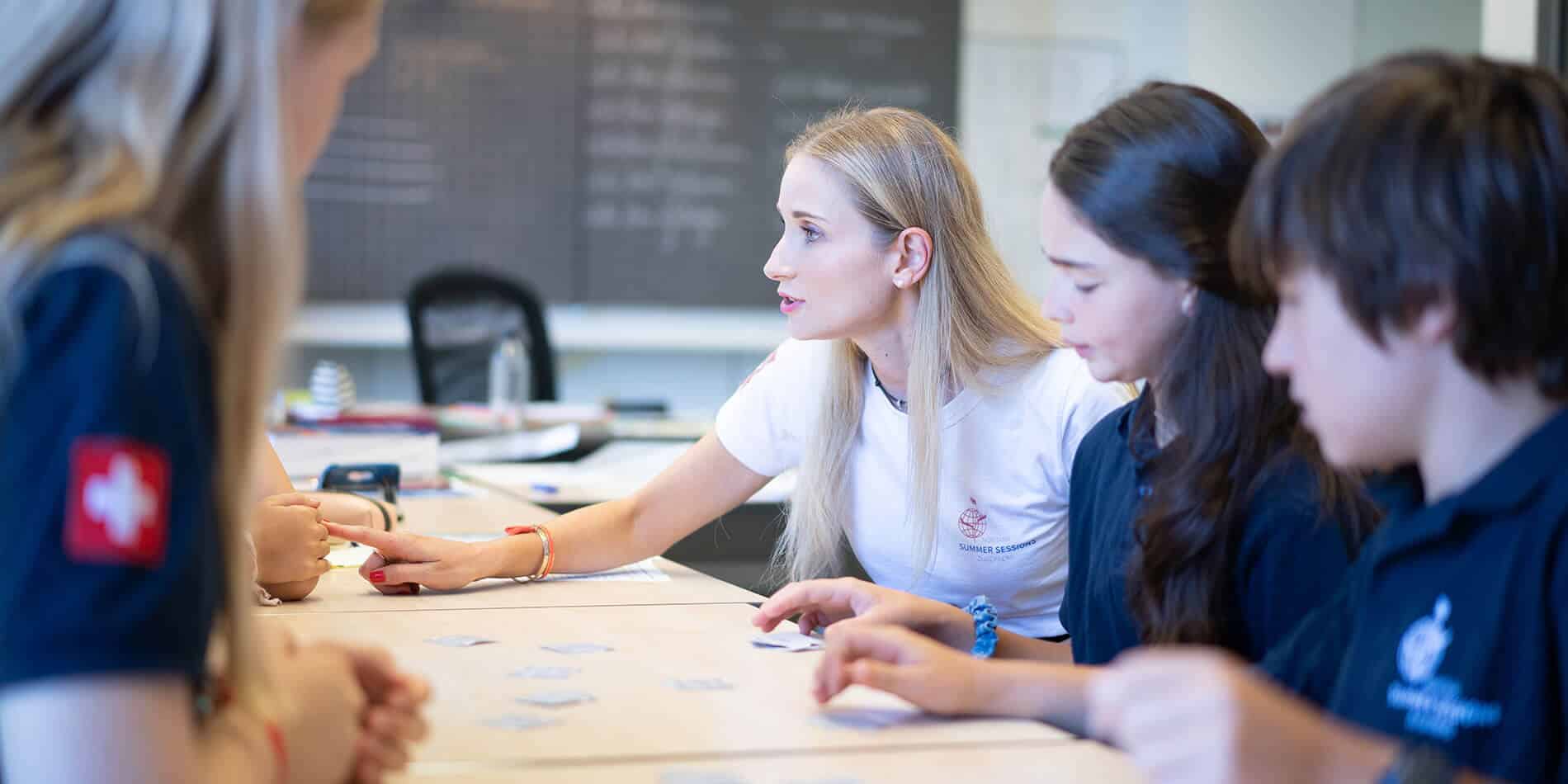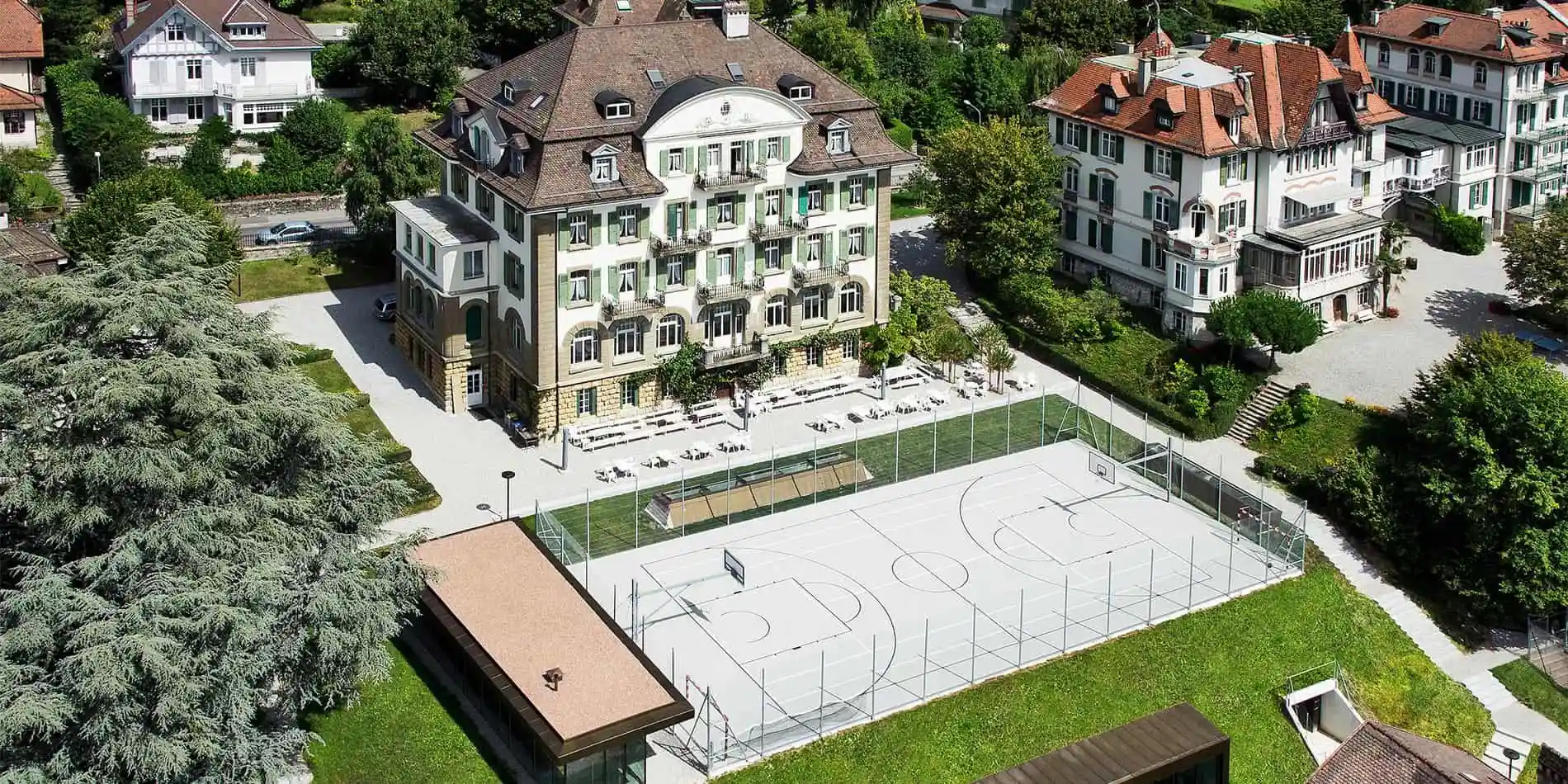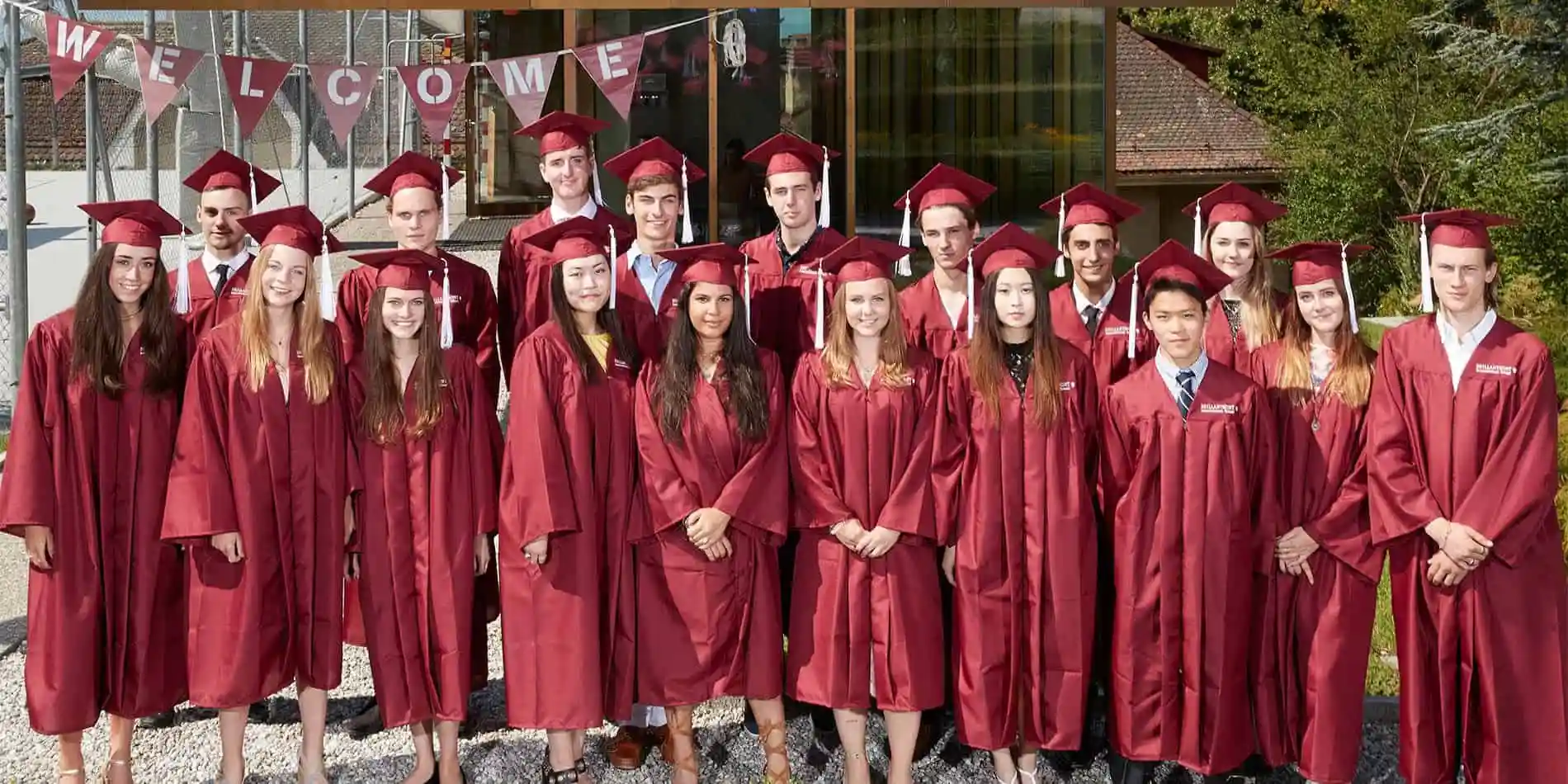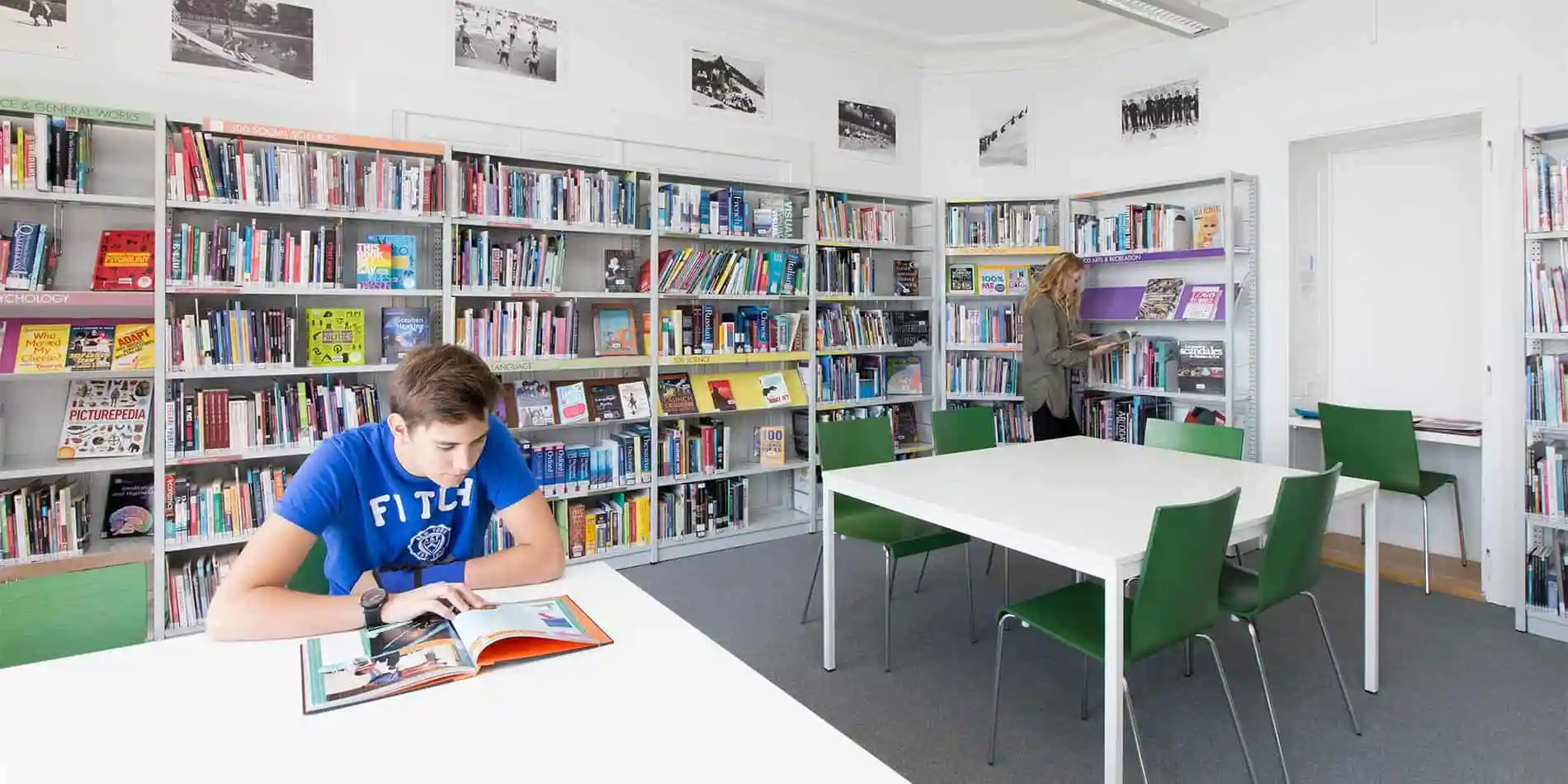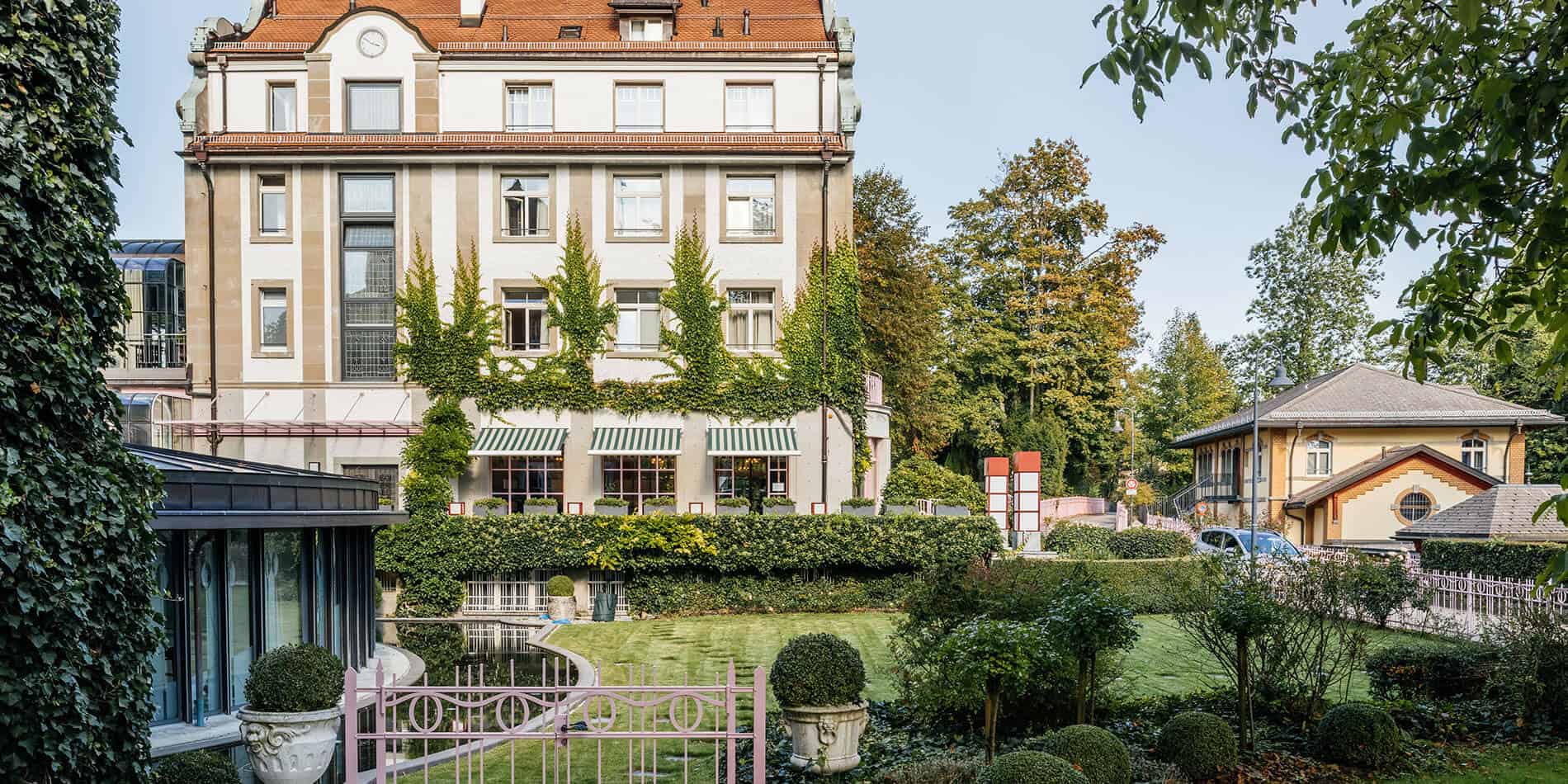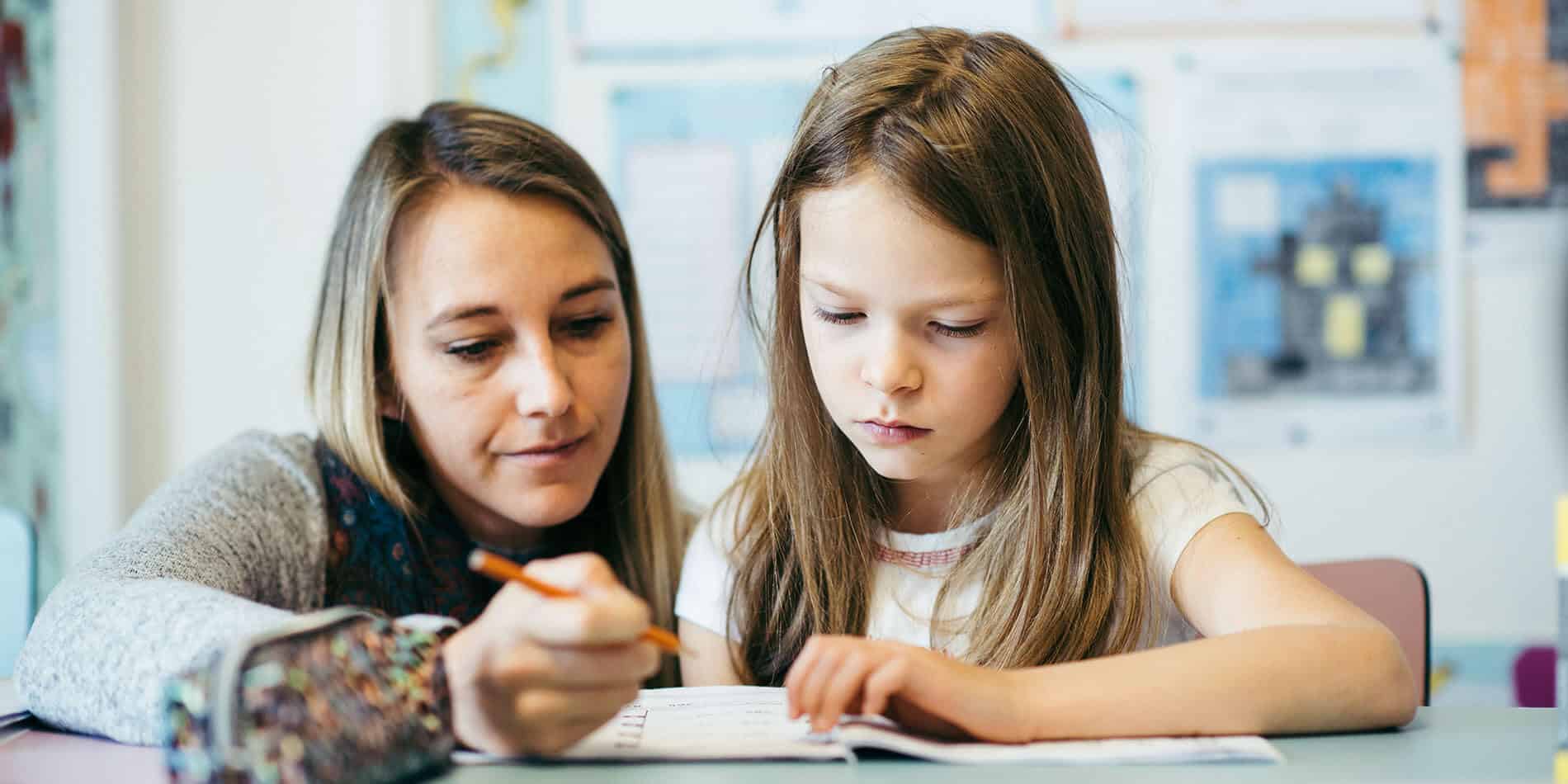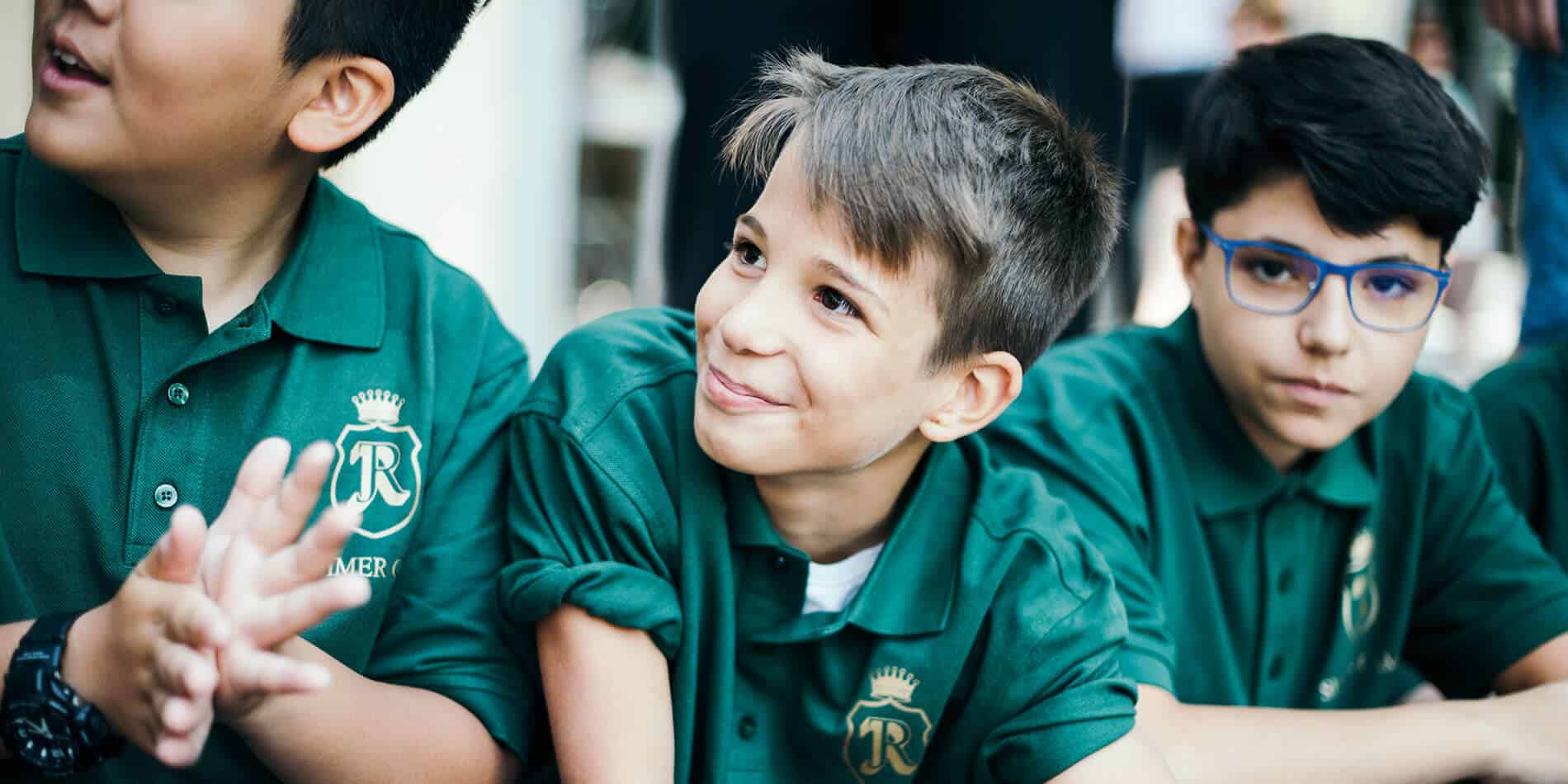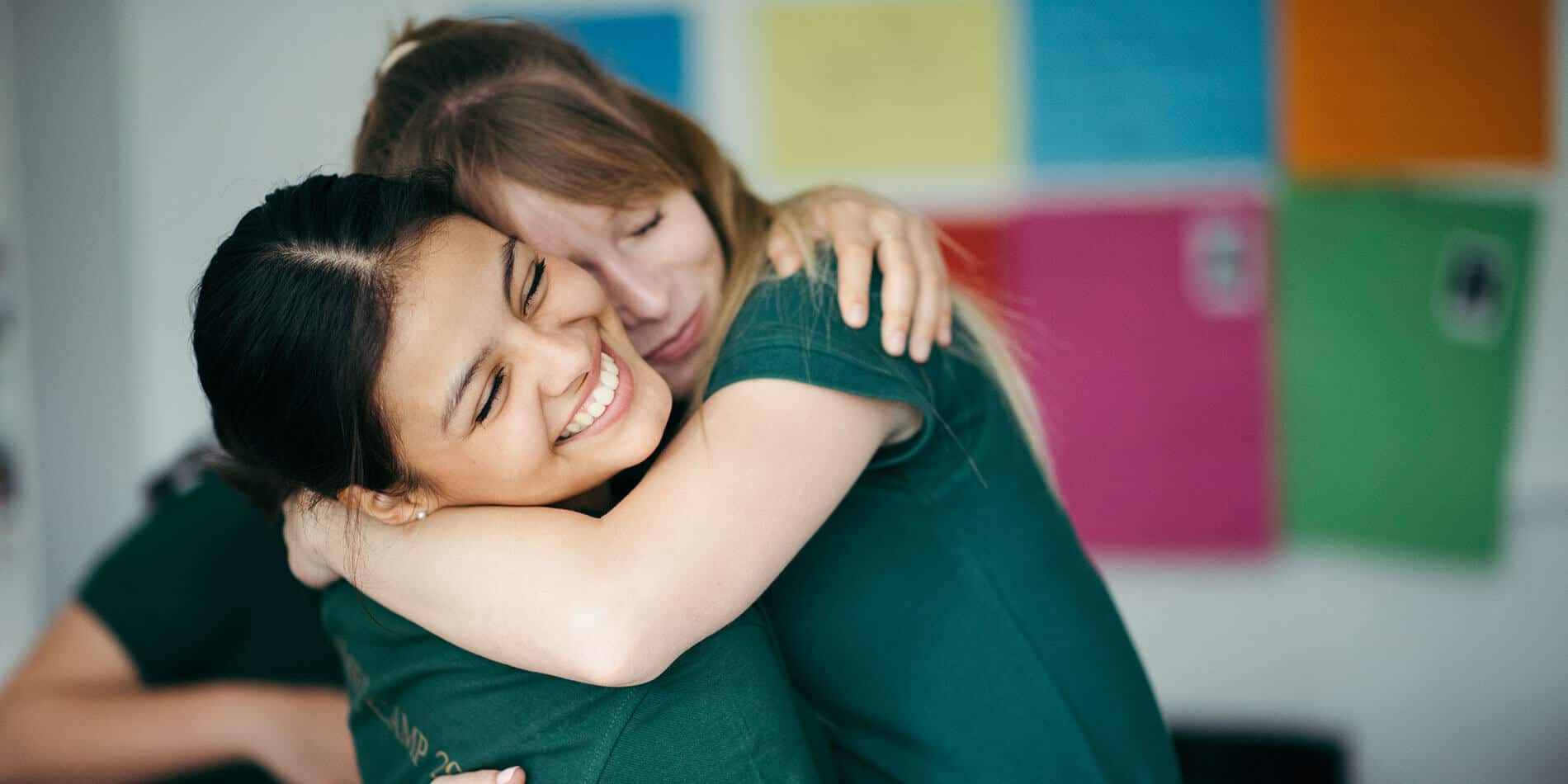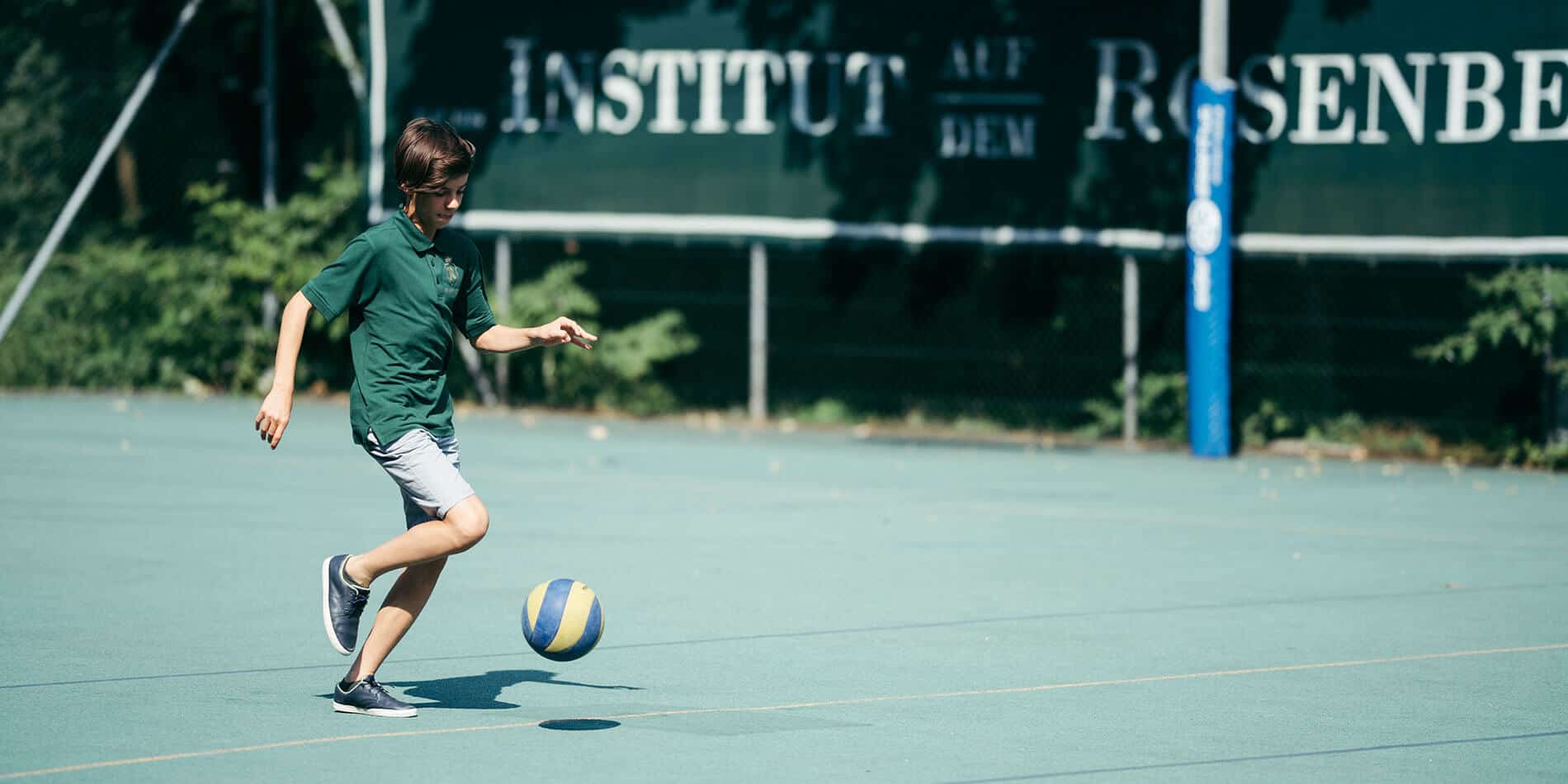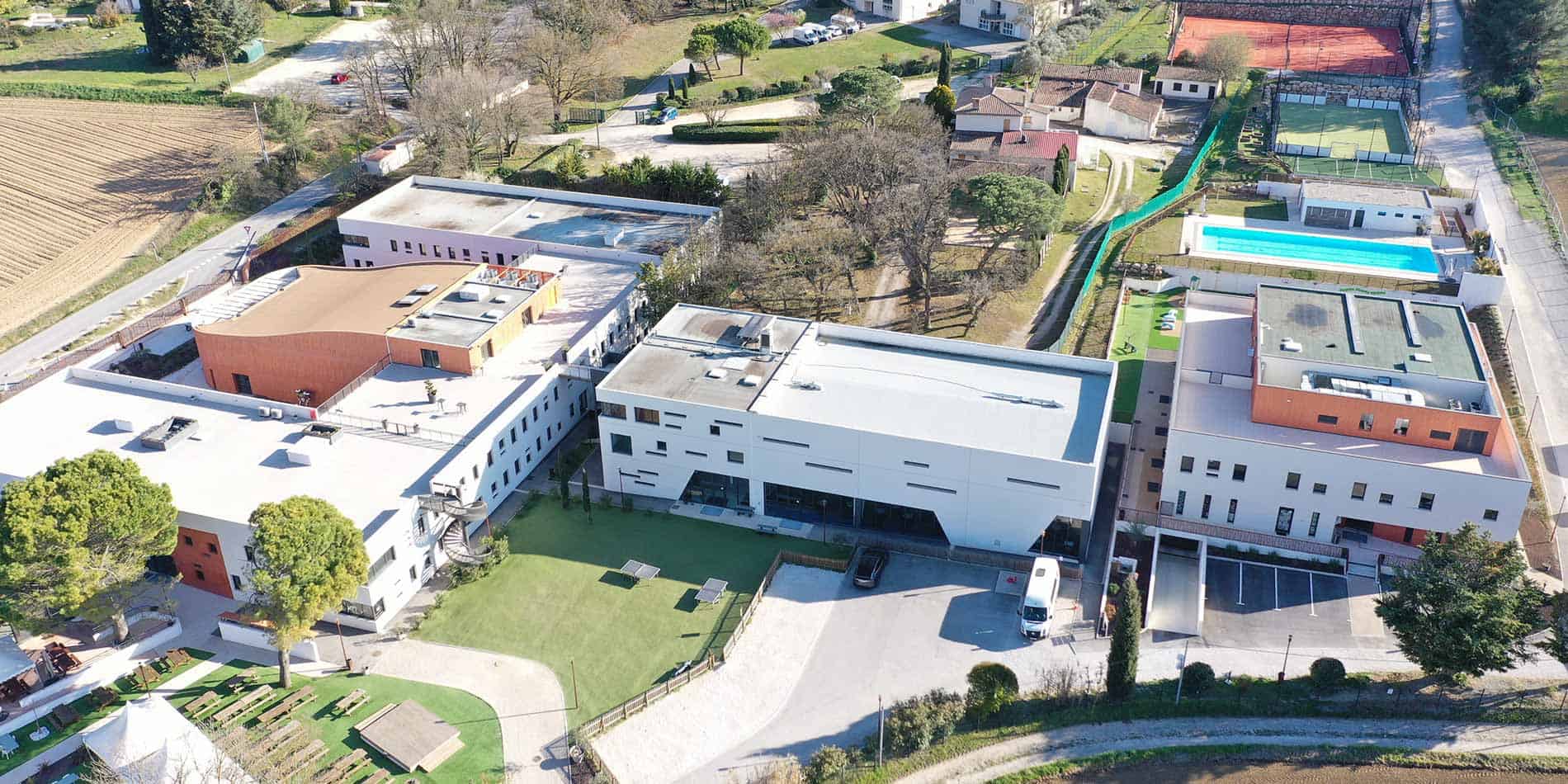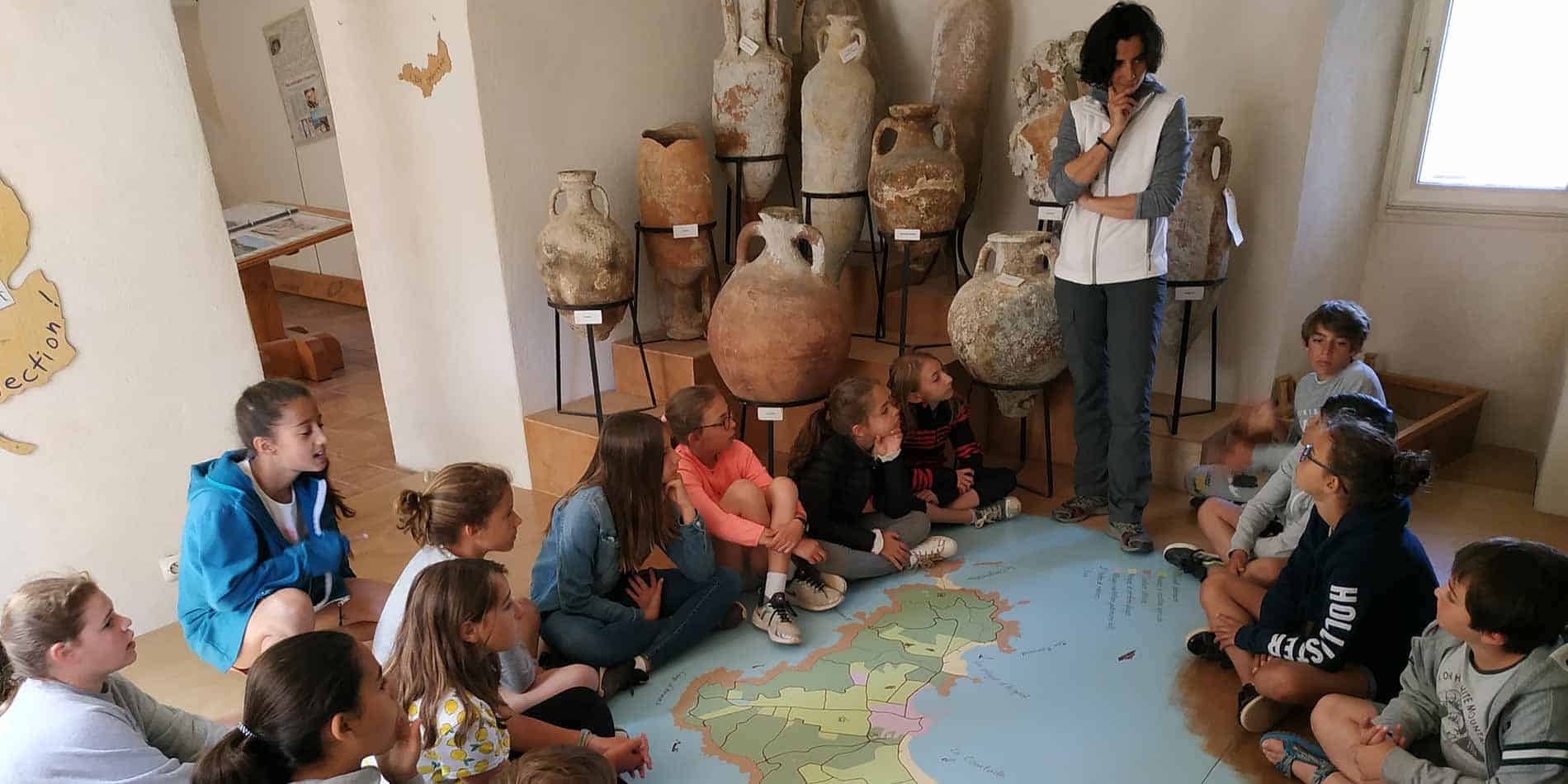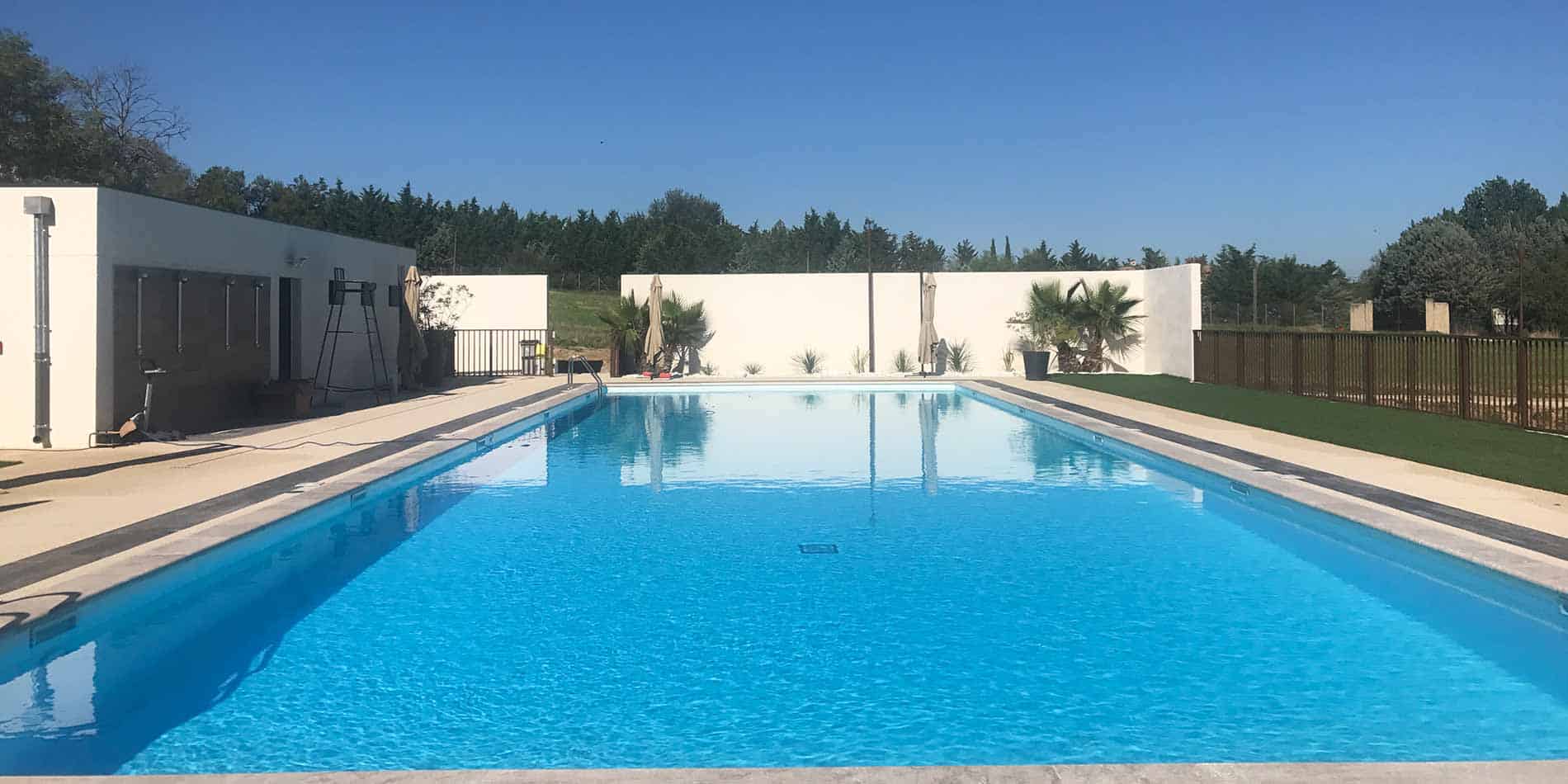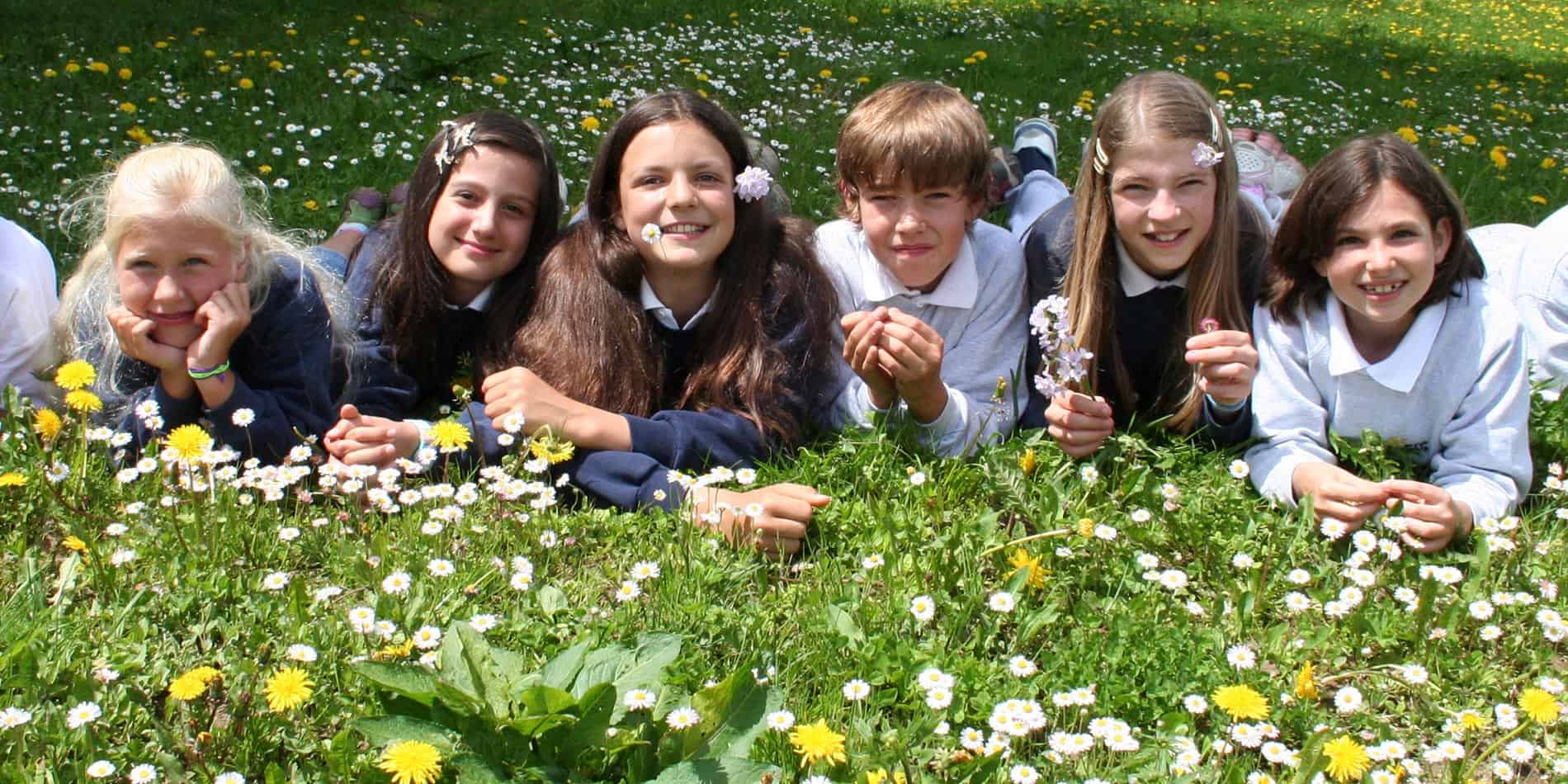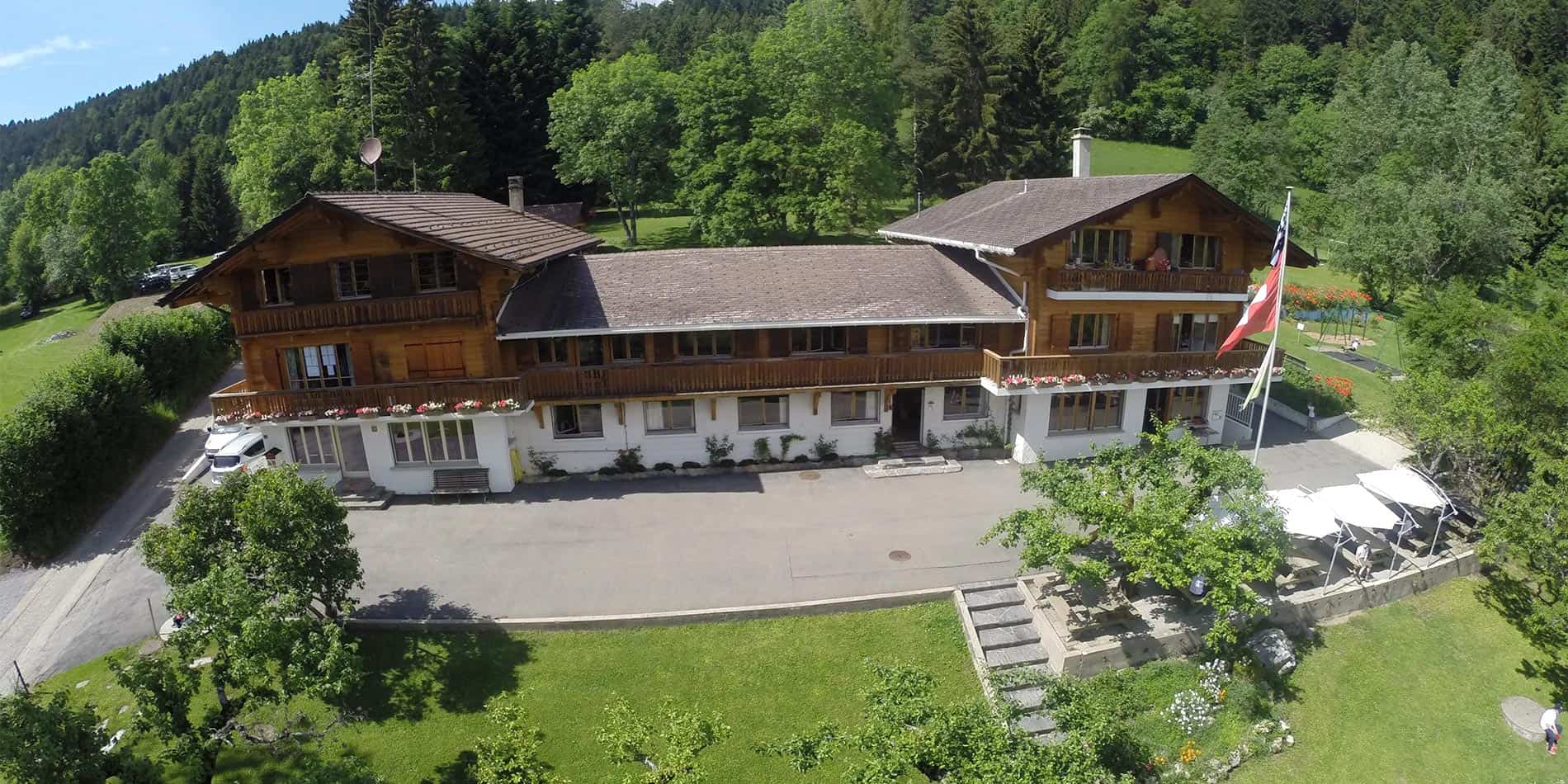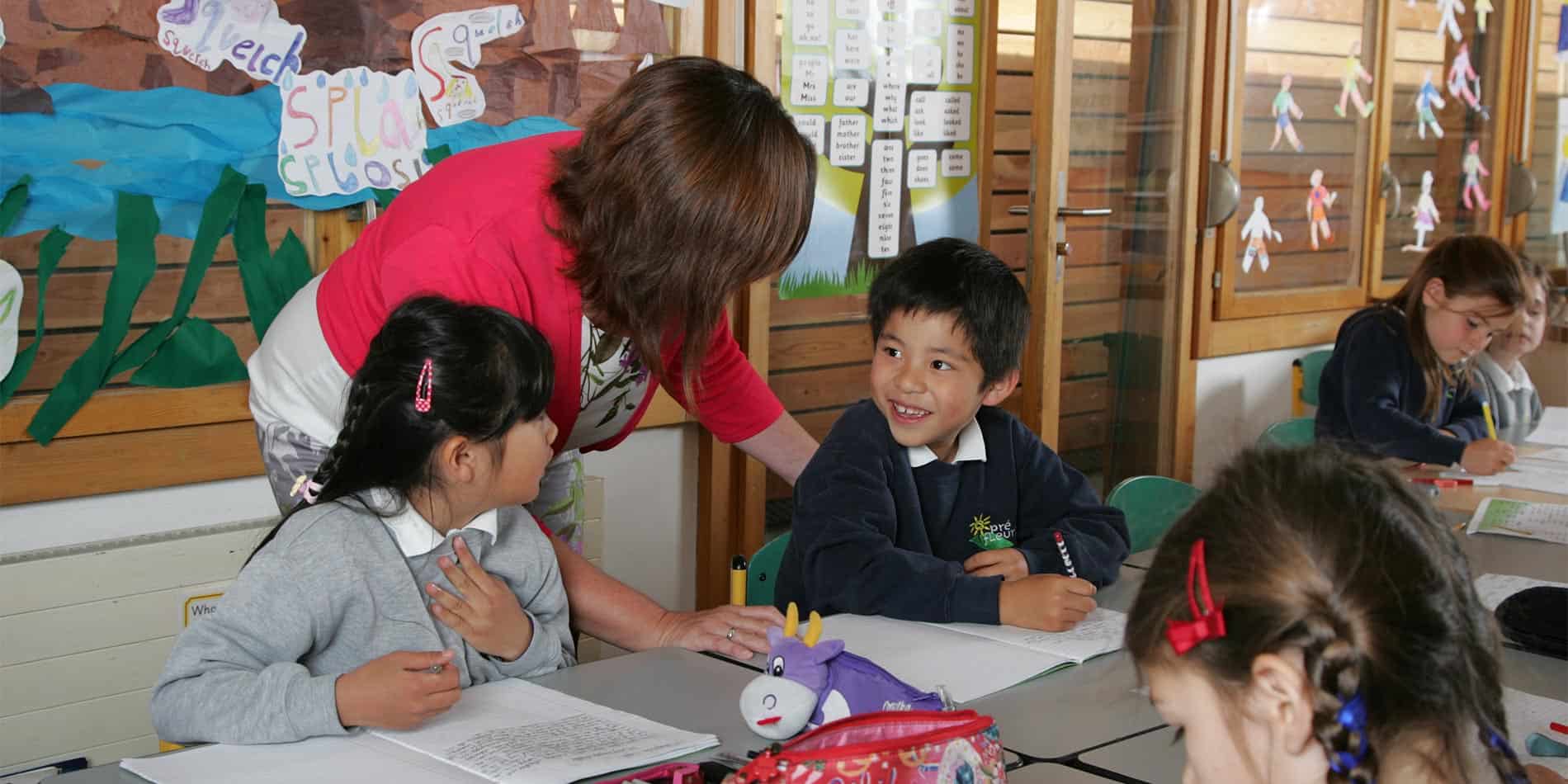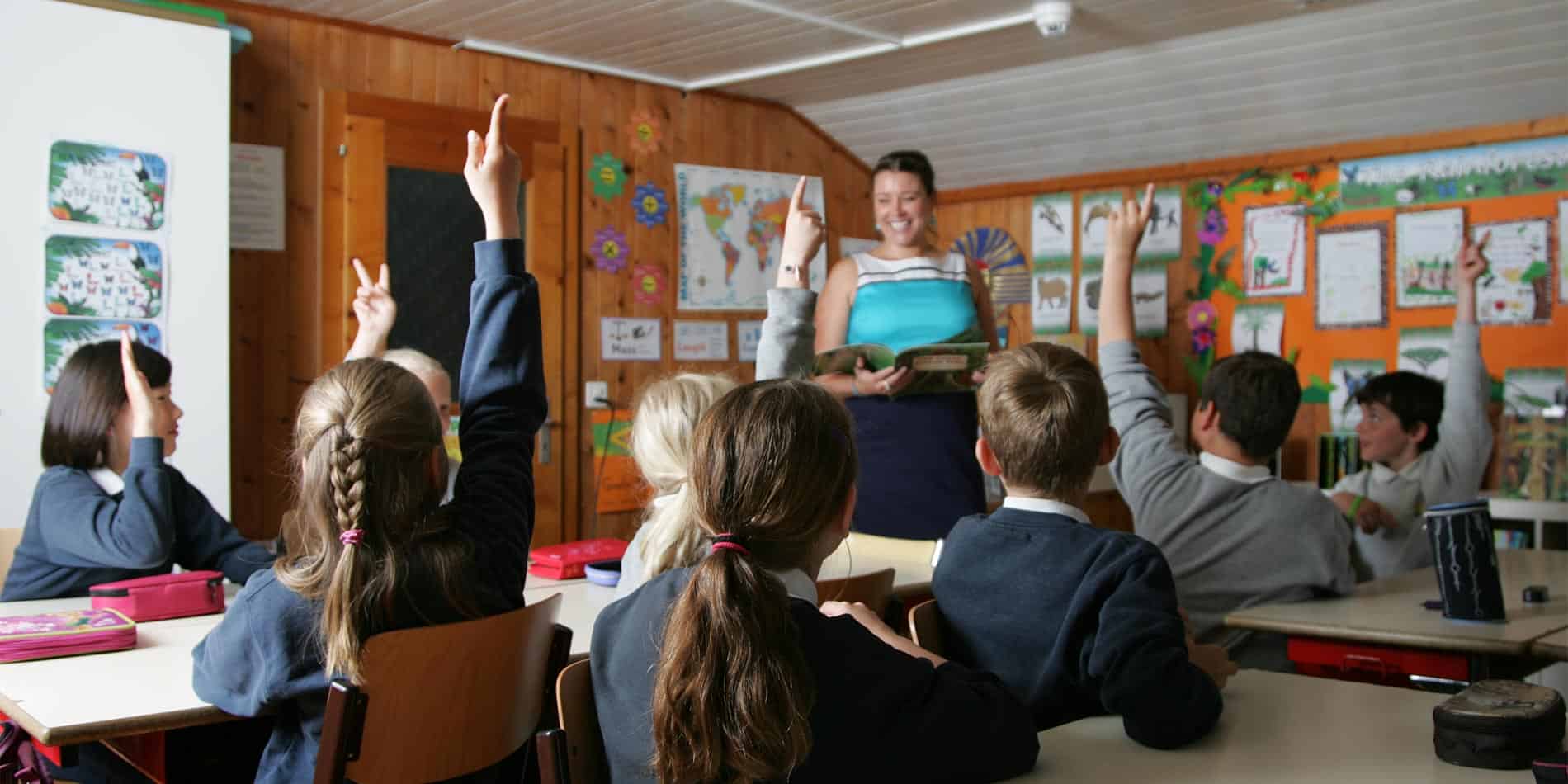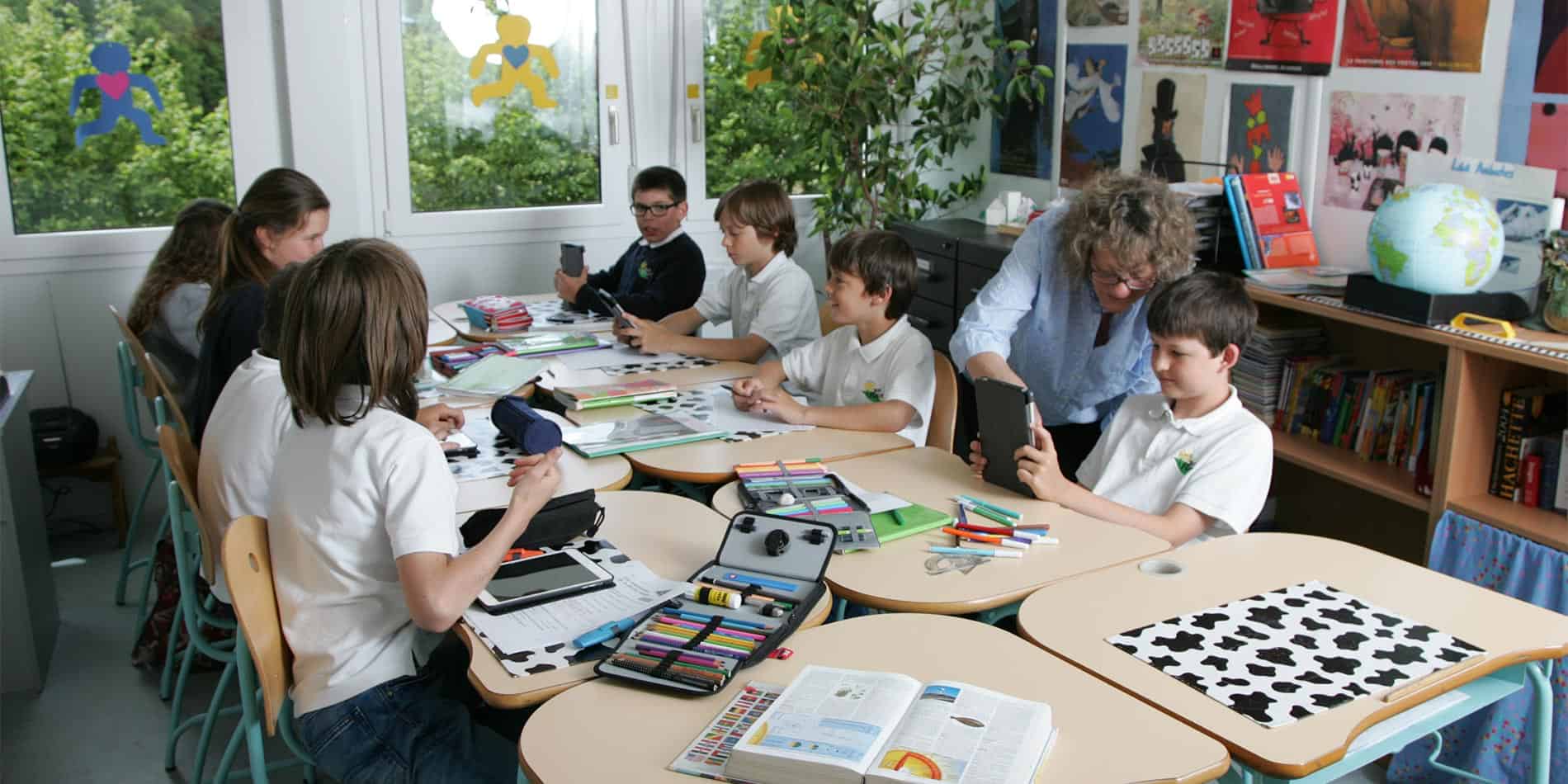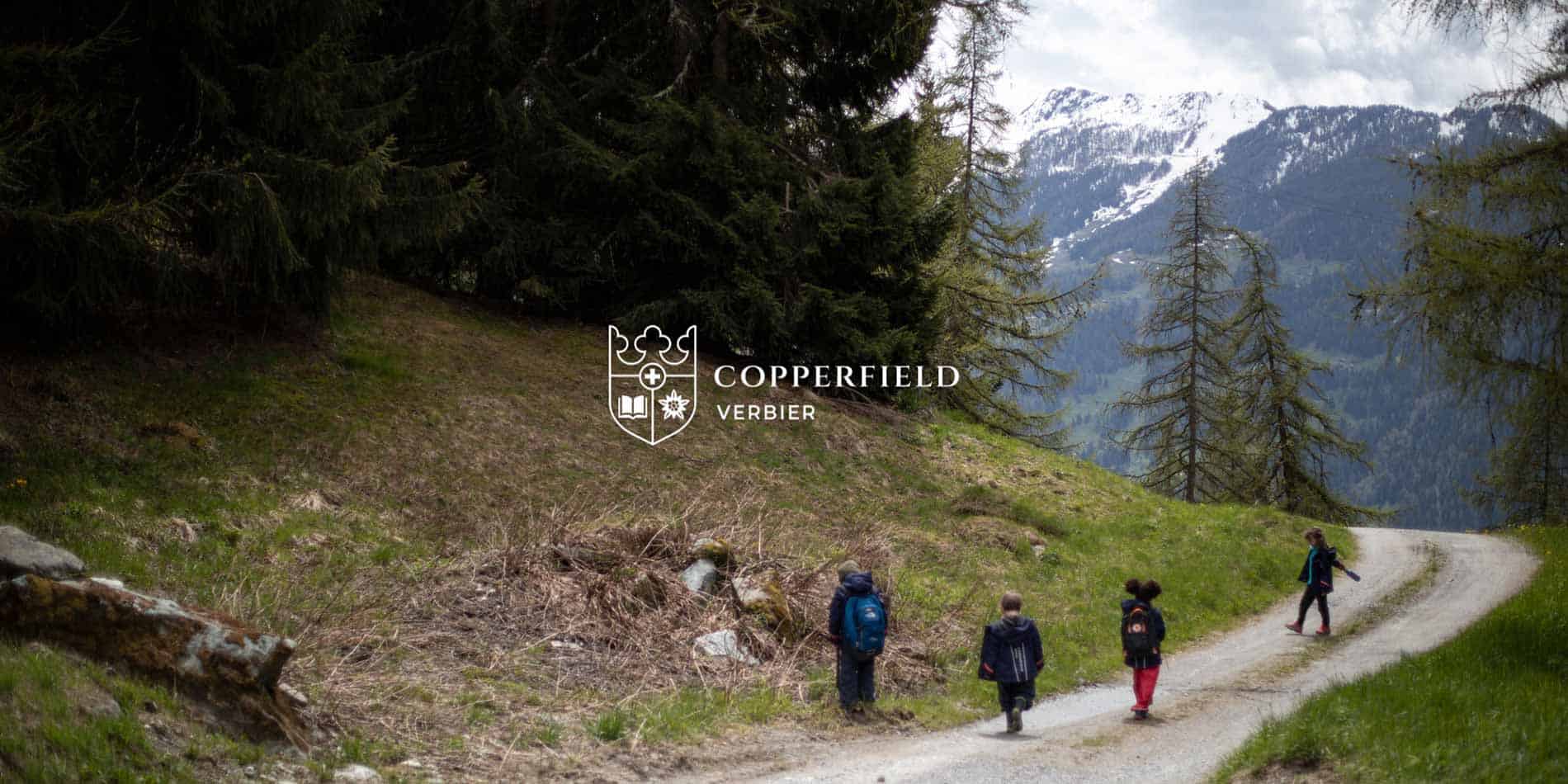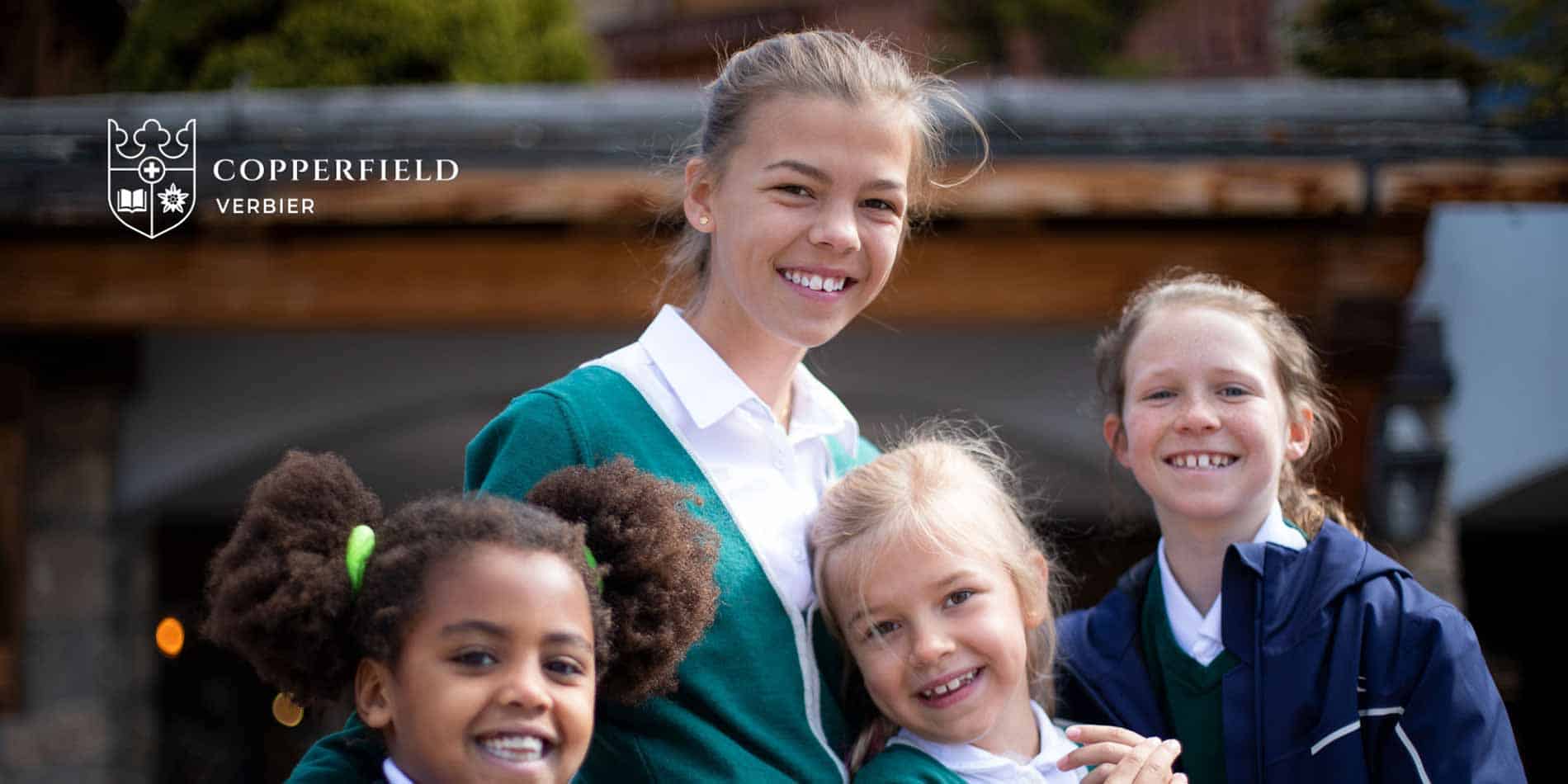International Schools provide a unique and multicultural experience for students with a genuinely international perspective that prepares students to become truly global citizens, armed with compassion, curiosity, and critical thinking skills.
Why families choose a British school in France?
The Allure of British Education in a French Setting
Choosing the right school for one's children is a pivotal decision for any parent, and for those residing in France, British schools have become an increasingly popular choice. This preference is not just about learning in English; it's about embracing a comprehensive educational ethos that promises both academic rigor and a broader developmental perspective.
One of the primary reasons families lean towards British schools in France is the global recognition of the British curriculum. Qualifications such as the GCSEs and A-Levels are esteemed worldwide, offering students a competitive edge in global higher education and career markets. This is particularly appealing to expatriate families who might return to the UK or move to other English-speaking countries, ensuring their children's education is consistent and transferable.
Curriculum and Beyond
The British curriculum is celebrated for its balance of depth and breadth. Subjects are explored thoroughly, fostering a deep understanding and a robust set of skills. Moreover, the curriculum's structured nature is designed to progressively build a student's knowledge and skills year on year, which is a comforting factor for parents looking for academic stability and progression.
Beyond academics, British schools in France are known for their holistic approach to student development. These institutions often boast a wide array of extracurricular activities that promote leadership, creativity, and personal growth. From sports teams to music, drama, and art clubs, these activities are integral to developing well-rounded individuals who can thrive in various settings.
Cultural Integration with a Global Perspective
Living in France, students gain the unique advantage of experiencing a rich cultural tapestry firsthand. British schools here make a conscious effort to integrate local culture into their curriculum, thus providing students with a unique blend of British education and French cultural immersion. This bicultural environment not only enriches the student’s educational experience but also enhances their adaptability and appreciation of different cultures.
Moreover, these schools typically foster an international environment, with a student body comprising multiple nationalities. This diversity prepares students for a globalized world, equipping them with the interpersonal skills necessary to succeed in a multicultural context.
Supportive Environments for Diverse Needs
British schools in France are also preferred for the supportive environment they offer. Class sizes are often smaller, allowing for more personalized attention and tailored teaching approaches that cater to individual student needs. This is particularly beneficial for children who might need extra support, whether academically or in adapting to a new cultural environment.
In conclusion, British schools in France represent more than just an education in English. They provide a globally recognized curriculum, a supportive and diverse environment, and the unique opportunity for cultural integration—all of which are compelling reasons why families choose this path for their children’s education.
Top rated British Schools in France 2025
International Bilingual School of Provence
Why parents choose this school
Why parents choose this school
Why parents choose this school
Institut Montana Zugerberg
Why parents choose this school
La Côte International School Aubonne
Why parents choose this school
Brillantmont International School
Why parents choose this school
Institut auf dem Rosenberg
Why parents choose this school
International Bilingual School of Provence
Why parents choose this school
Préfleuri International Alpine School
Why parents choose this school
Copperfield International School Verbier
Why parents choose this school
Reddam House Berkshire
Why parents choose this school
St. George’s, The British International School, Cologne
Why parents choose this school
Hull’s School, Zurich
Why parents choose this school
St. George’s International School
Why parents choose this school
Fyling Hall School
Why parents choose this school
International School of Central Switzerland
Why parents choose this school
Four Forest Bilingual International Schools
Why parents choose this school
The British School of Amsterdam
Why parents choose this school
Fulham School
Why parents choose this school
Geneva English School
Why parents choose this school
Eerde International Boarding School
Why parents choose this school
St. George’s, The British International School, Düsseldorf Rhein-Ruhr
Why parents choose this school
International School Zurich North
Why parents choose this school
British Primary Schools in France
British Secondary Schools in France
UK Curriculum Online Schools in France
How much do British Schools in France cost?
According to World Schools data, the yearly tuition fee for British Schools in France ranges between $9500 and $16100. However, the cost varies significantly depending on various factors such as the school curriculum, extracurricular activities, location, and facilities, and can go up to $36800.
The average yearly cost is $13900, around $1400 per month, and can go up to the maximum monthly cost of $3700.
Additionally, most schools will also charge a one-time registration fee, and you also need to count an extra budget during the year for extracurricular trips, holiday camps, etc.
If you would like to explore British Schools in France with yearly fee filters, please use our advanced search filters.
Understanding the UK Curriculum
Summary
Families choose British schools in France for their globally recognized curriculum, holistic approach to student development, and the unique blend of British education with French cultural immersion. These institutions not only prepare students academically but also enrich their personal growth and adaptability in a multicultural world.

